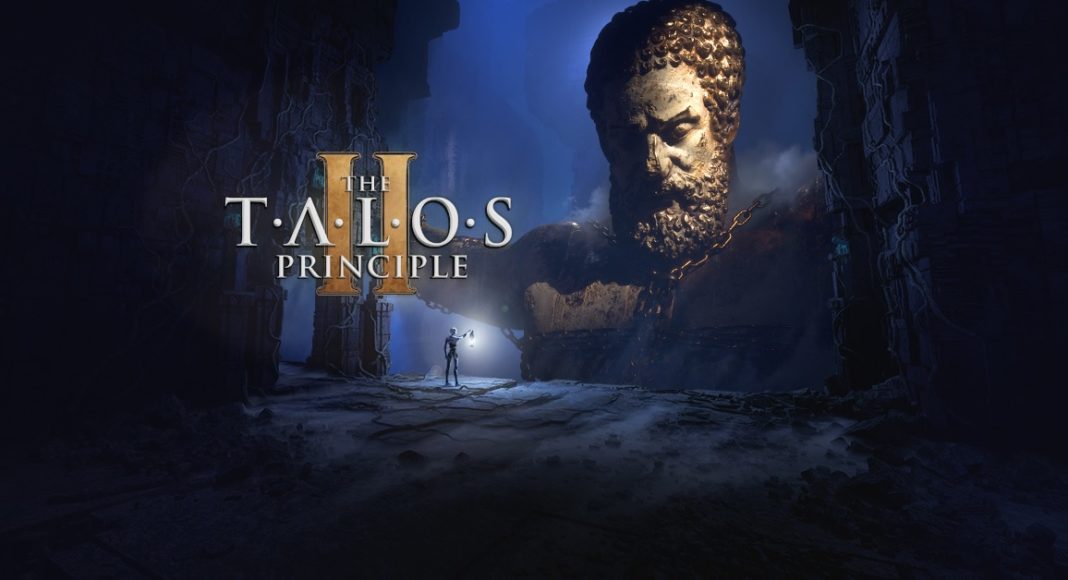Project Mili’s newest soundtrack debuted on February 26, following the release of Ender Magnolia: Bloom in the Mist on January 22. Composed by Yamato Kasai, this album is mainly instrumental, with different indie and electrical elements in the stew. However, a few songs are vocalized by momocashew (Cassie Wei) and they do not disappoint.
One thing that Mili is famously known for is their unbound music genre, challenging themselves to the extreme and often mixing groups of music which is present in this album.
The first track “L” sets the stage with a charming sadness, giving the audience a somber preview of a deathbed-like emotion. It was originally composed as “Lily” for the prequel game “Ender Lilies: Quietus of the Knights,” but it was later remixed and repurposed as a refresher for the new album. The song is composed solely with piano and what feels like a flowing river of violins. Its tone is poised and flows with a downstream low tempo—drowning the listener in solemnity. The two instruments aren’t fighting to stay on top but sound like a synchronizing slow dance.
The tracks “Memories,” “Metallic Noise,” “A Tragedy,” and “Symbiosis (feat. Cassie Wei)” all share a similar tone, but each has its distinct trademark. For example, “Main theme (feat. Cassie Wei)” includes an orchestra alongside a choir sung by momocashew. The song is composed of a piano following each note that Cassie sings. While the first part of the music may seem a little repetitive, the lyrics include a fictional language that Cassie created with no translation. She sings “Leyhra Magnolia”—Magnolia means ‘flower’ in English, while ‘Leyhra’ is a Latin-sounding word with no direct translation. A notable track in this section is “Magic Coal Mine,” a piece saturated with piano and sharp xylophone that blooms into soft, embracing bells and wind chimes; it serves as the final piece of the somber section.
“Programming” is the turning point and second slice of this album; it starts slow with a piano and an indescribable wave, suddenly increasing its pace contrary to the last few songs. When the listener least expects it, a rushing violin enters the scene, accompanied by layers of sonorous piano that flow in a soothing rush. This section exhibits a sharp contrast with the previous tracks in a way that can be described as urgent. A notable song in this section is “A key”, that sounds like a new beginning. Most songs in this section make the listener feel like they’re standing at the peak of Everest, or on the path to climb it. This song deeply resonates with a deep sense of justice, and one can almost describe it as the journey of a foolish hero due to how the song quickly starts, slowly winds down, and ends on a long, sharp note. “Shingari,” features a steadfast violin—seldom stopping, hitting the highest notes, and leading the other instruments. One striking moment occurs towards the end, where the violin takes the lead, overpowering all other instruments in an unexpected burst and then uniting in harmony altogether.
https://open.spotify.com/album/5dMcPBH12QBgJ6TLmZiTCD
Evoking an aortic pulse of the heart, “Lily tree (feat.Cassie Wei)” is the centerpiece of this album; featuring Latin, Greek, and Mili’s made-up language in the lyrics. Accompanied by a feeling of lushness, almost like a courageous last stand, the song encompasses Latin-sounding words that pair perfectly with the tense classical orchestra. The first quarter starts slowly but eventually builds up to what I thought was the climax of the song—But no, the middle of the song is just a climax to introduce a bigger climax. With a visceral symphony, it feels wild and free from anything, I remember having shivers due to the overwhelming and unexpecting crescendo that this song presents. <Momocashew truly outdoes herself in this song. With the chantings of “Momentos vou stella rhalla/ Magnolia/ Si celetis/ Bella tempu/ Rhelle vis” (Moments of the eternal stars / Magnolia/ If the heavens/ beautiful time/ divine vision), the lyrics paint a clear-world-portrait combined with the instruments: an ink wash painting that shows great valley, with clouds cowering at the bottom—and great mountains, rising higher than the clouds.
On the other hand, there are songs like “Taboo,” which are the weakest on the album. It feels off and disjointed from the main genre of classical or piano-dependent tracks. The mood and description of this song can be inscribed as electrical or in a way, working in a 1900s factory with all the random sounds of electrical equipment or the frequent screeches, in an almost cyberpunk-like way, there isn’t anything to highlight in this song due to most parts being repeated.
I can proudly say that this might be Mili’s Magnum Opus, if not very close to it. I feel like they experimented with this album by combining piano with many other instruments—some worked, and some didn’t. But overall an outstanding album whose sheer quantity is impressive alone, and has me excited for the next song released by Mili.







